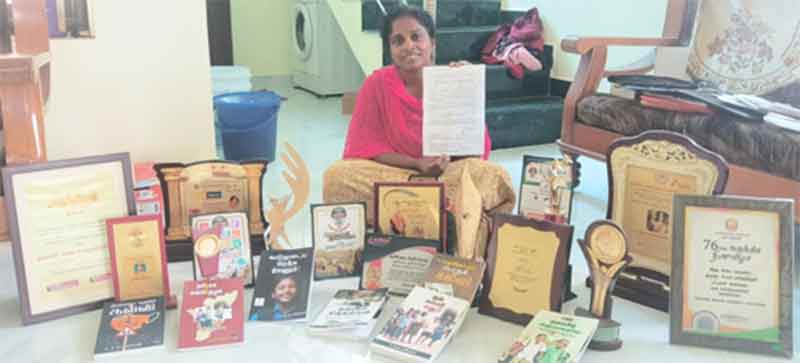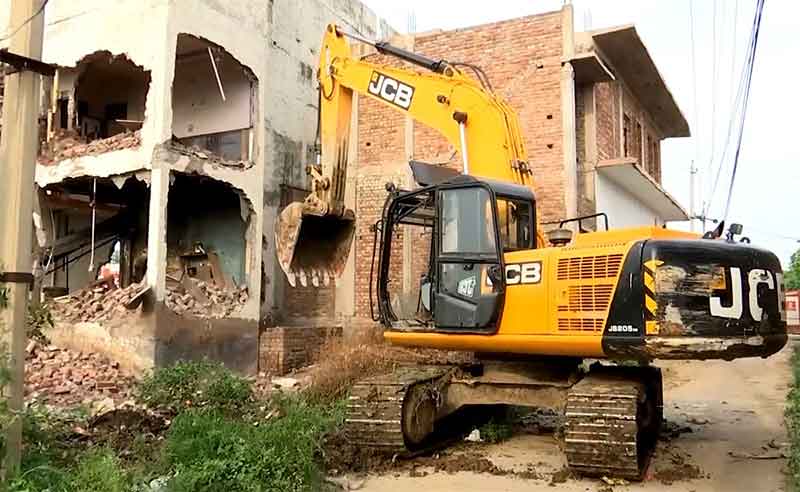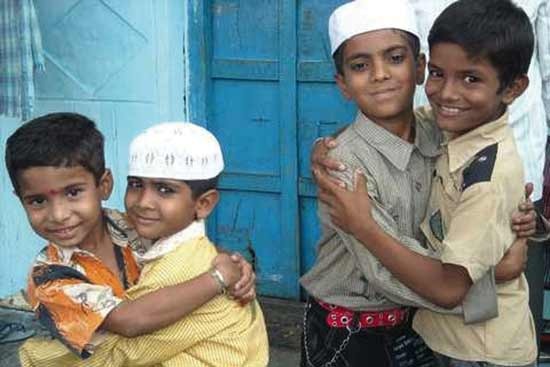
Since its inception National Human Rights Commission (NHRC) had 29 members and chairpersons out which only 4 are women. On December 28 2023 Smt Vijaybaharathi Sayani is appointed as a women member of NHRC. Smt Vijaybaharathi is the 3rd women member of the NHRC since in incorporation in 1993. The First Women member was Justice Ms. M. Fathima Beevi, second women member was Justice Smt. Sujata V. Manohar and first women civil society representative was Smt. Jyotika Kalra.[1] The Appointment was delayed for the period of 633 days after Smt. Jyotika Kalra demitted the office on 04.04.2022. Smt Vijaybaharathi assumed office on 28th December 2023, prior to this she was practicing as an advocate and well known for dealing with cases of women harassment and dowry. She has served several professional and social organisations. She has also conducted several workshops and written many articles related to women’s issues.[2]
After appointment of the women member, the NHRC has one Chairperson who was a former judge of Supreme Court, and 3 members who were appointed as persons having knowledge of, or practical experience in matters relating to human rights. Even after the appointment there is vacancy of 2 members who must be a former judge of supreme court and former Chief Justice of High Court. These posts were vacant since Justice Prafulla Chandra Pant who demitted office on 11.09.2021 and Justice D. Murugesan who demitted office on 20.09.2018.
The Indian NHRC has two members positions vacant, the current composition lacks pluralistic balance as suggested by Global Alliance of National Human Rights Institutions – Sub Committee of Accreditation (GANHRI-SCA). The GANHRI-SCA report of March 2023 pointed out that NHRC’s current composition is incomplete and there was no women leadership body in NHRC. The SCA does not consider that the amendments of PHRA act in 2019 are no sufficient to meet the pluralism requirements of Paris Principles. SCA stated that ‘only having one member who is a women does not represent appropriate gender balance’.
“The SCA is of the view that a diverse decision-making and staff body facilitates the NHRI’s appreciation of, and capacity to engage on, all human rights issues affecting the society in which it operates and promotes the accessibility of the NHRI to all citizens.”
The SCA recommended the NHRC to advocate for the completion of the appointment process to fill remaining vacancies in its leadership body, and for further amendments to the PHRA, to ensure a pluralistic balance in its composition and staff, in particular by ensuring that diversity of Indian society is represented including, but not limited to religious or ethnic minorities.
In accordance with section 4 of the Act, the Chairperson and other members of the NHRC are appointed by the President of India based on the recommendation of a committee consisting of the Prime Minister, the Speaker of the House of the People, the Minister in-charge of the Ministry of Human Affairs in the government of India, the Leader of the Opposition in the House of the People, the Leader of the Opposition in the Council of States, and the Deputy Chairperson of the Council of States. The SCA acknowledges the position of the NHRC, that the members of the selection committee are elected officials accountable to the people of India and include voices from diverse political perspectives. However, the SCA does not consider this to sufficiently promote broad consultation or participation in the selection process, nor maximize the number of candidates from a wide range of groups. The SCA notes that the selection committee does not provide for the formal involvement of civil society organizations in the process.
It is critically important to ensure the formalization of a clear, transparent, and participatory selection and appointment process for an NHRI’s decision-making body in relevant legislation, regulations, or binding administrative guidelines, as appropriate. A process that promotes merit-based selection and ensures pluralism is necessary to ensure the independence of, and public confidence in, the senior leadership of an NHRI. The SCA recommends that the NHRC advocates for the formalization and application of a process that includes requirements to:
a) Publicize vacancies broadly;
b) Maximize the number of potential candidates from a wide range of societal groups and educational qualifications;
c) Promote broad consultation and / or participation in the application, screening, selection and appointment process;
d) Assess applicants on the basis of pre-determined, objective and publicly available criteria
All Indian Network of NGO’s and Individuals Working with the National and State Human Rights Institutions (AiNNI) welcomes the appointment as a member. AiNNI hopes that the remaining 2 posts will also be filled immediately and persons of similar stature will be appointed.
Ashish Reddy is an Advocate and legal researcher who is currently serving as a Regional Coordinator of Human Rights Defenders Alert (HRDA)for southern India. He is also a member of the All India Network of Individuals and NGOs working with State and National Human Rights Institutions (AiNNI).
[1] Former Chairpersons and Members | National Human Rights Commission India (nhrc.nic.in)
[2] Smt Vijayabharathi Sayani joins as a Member of NHRC, India | National Human Rights Commission India














































